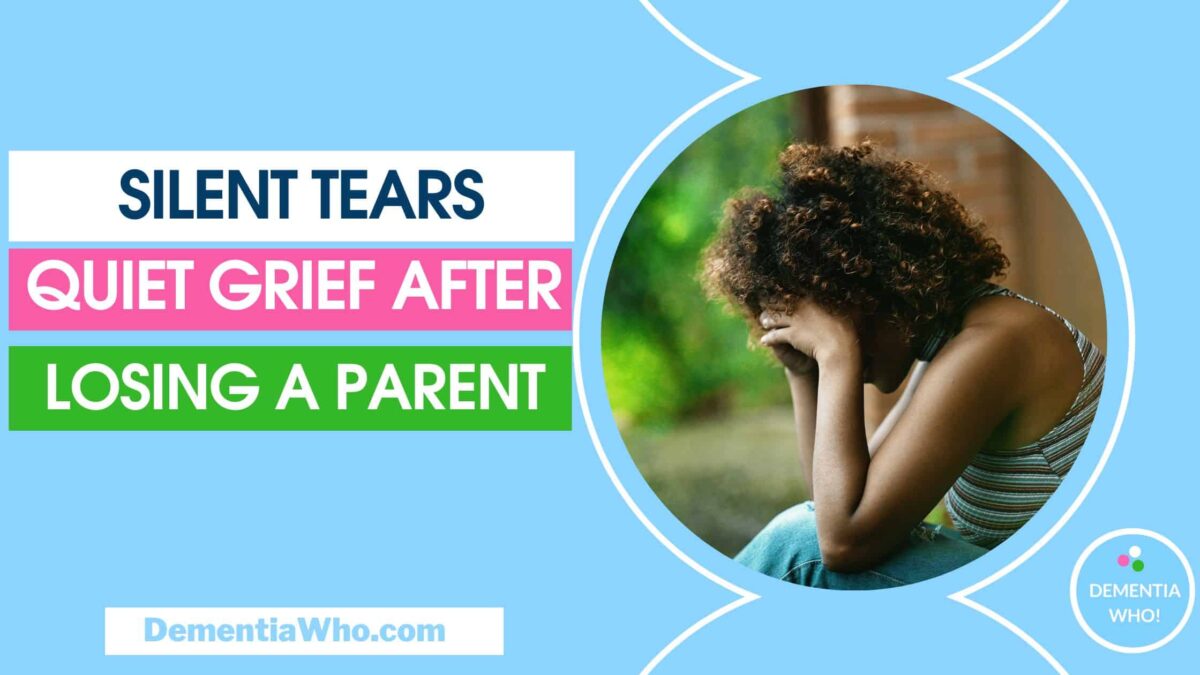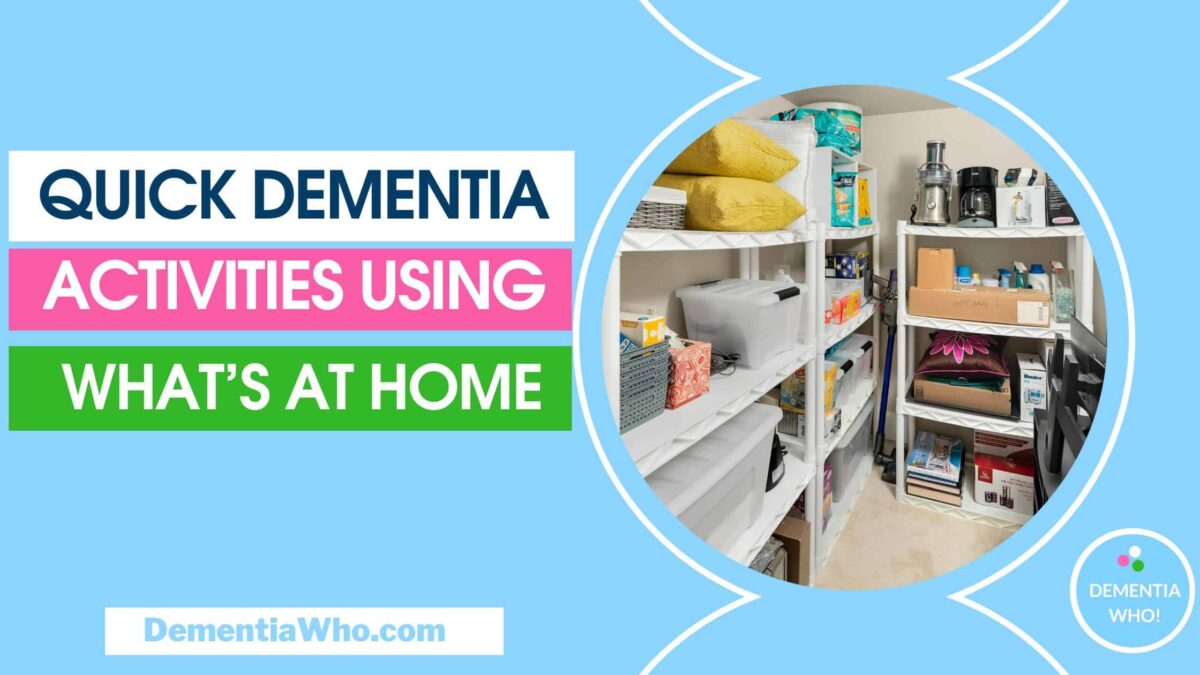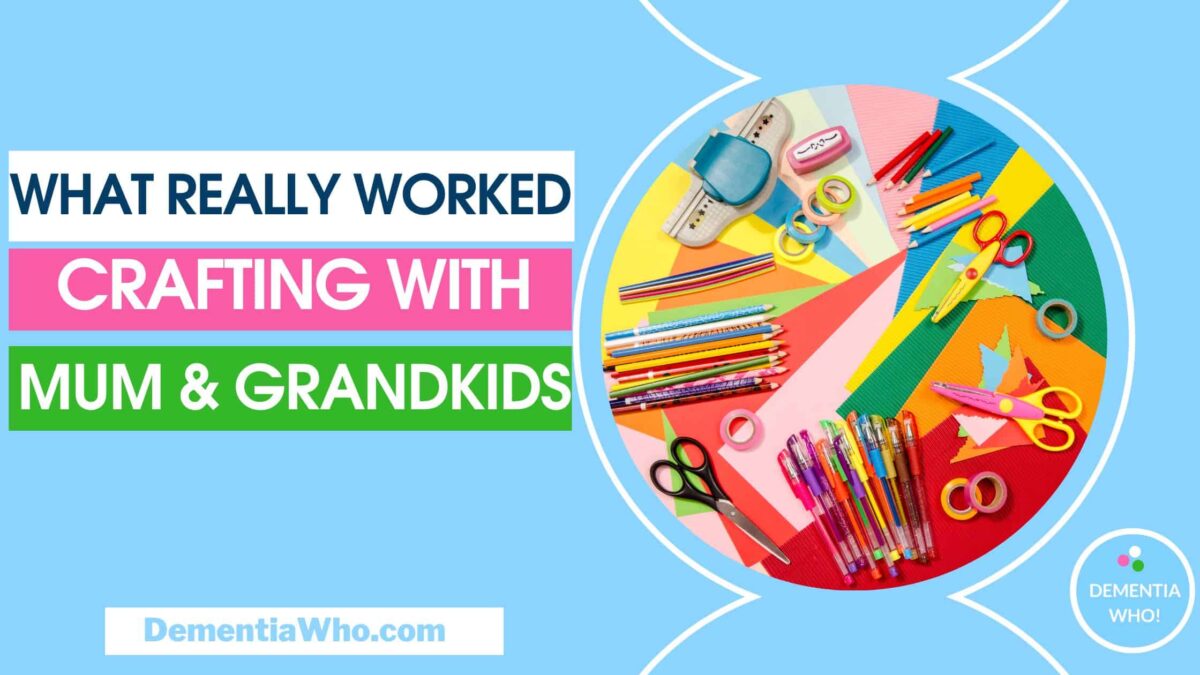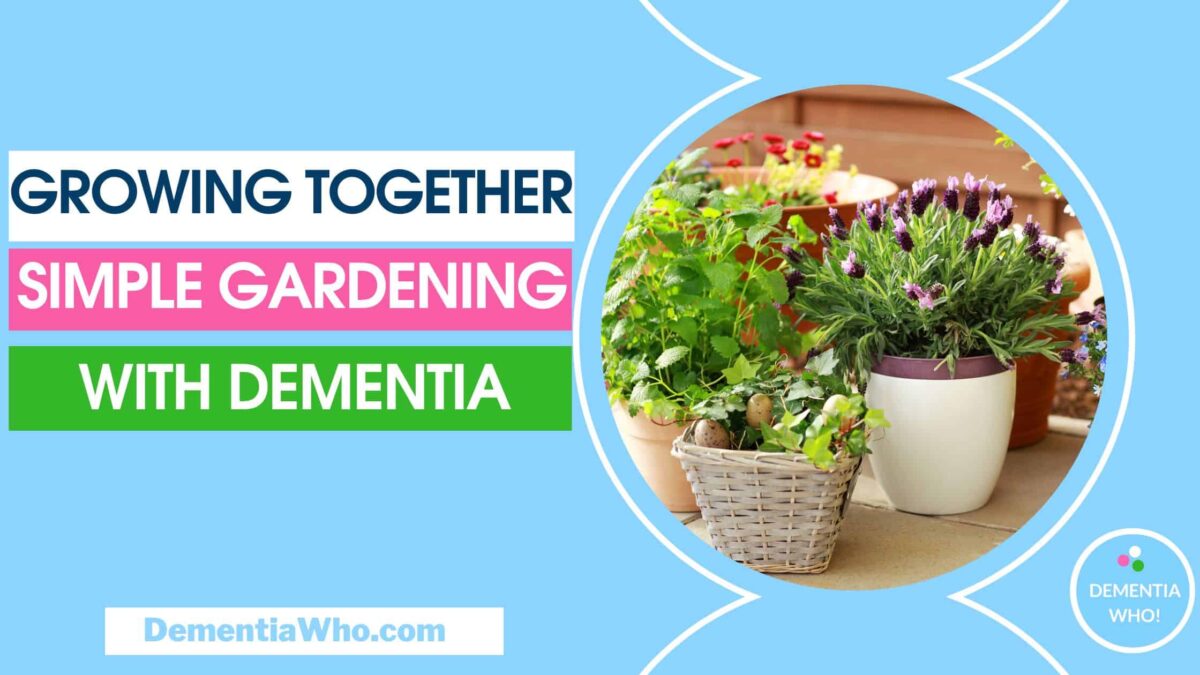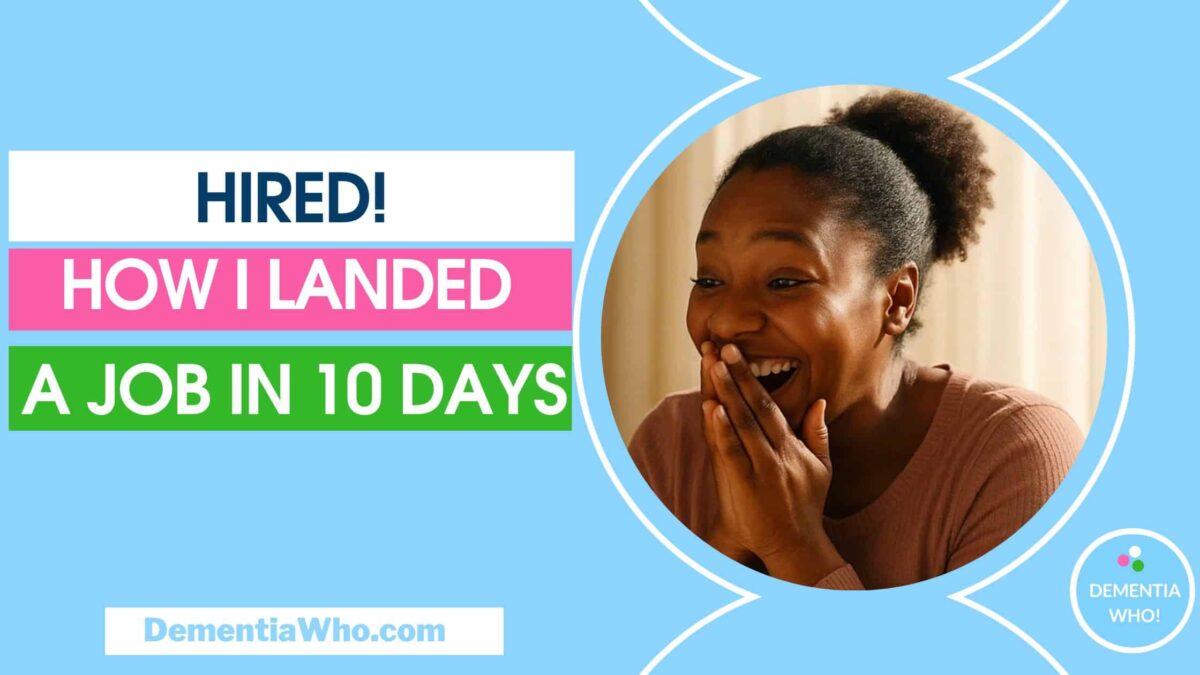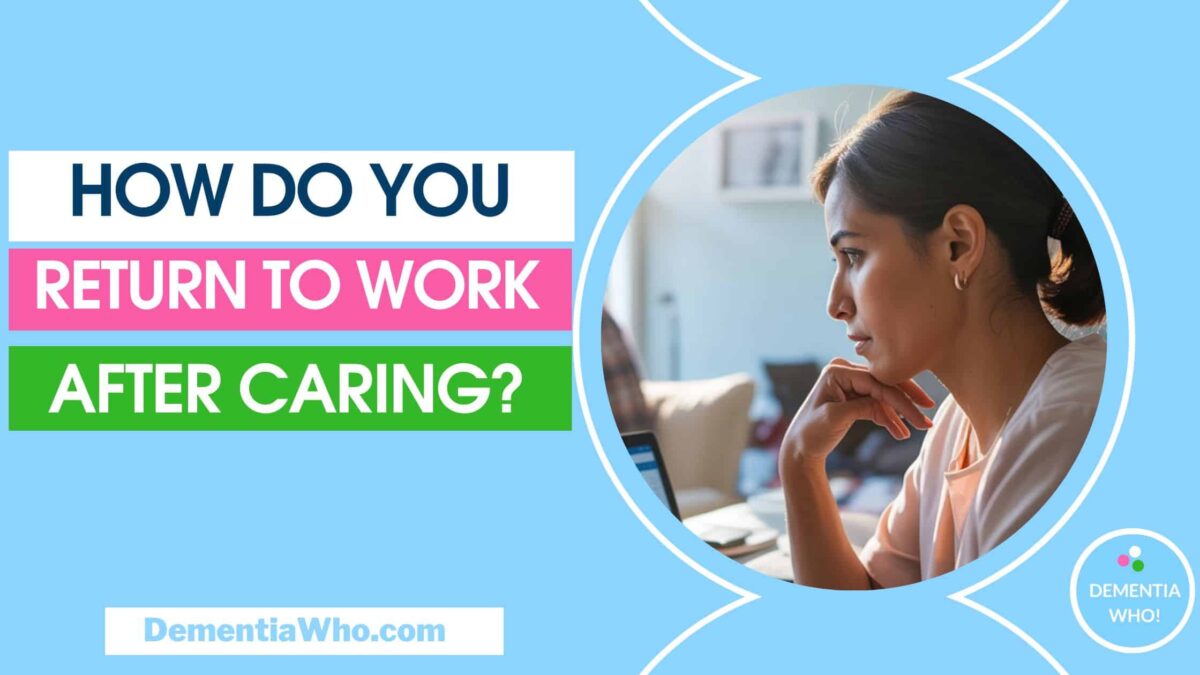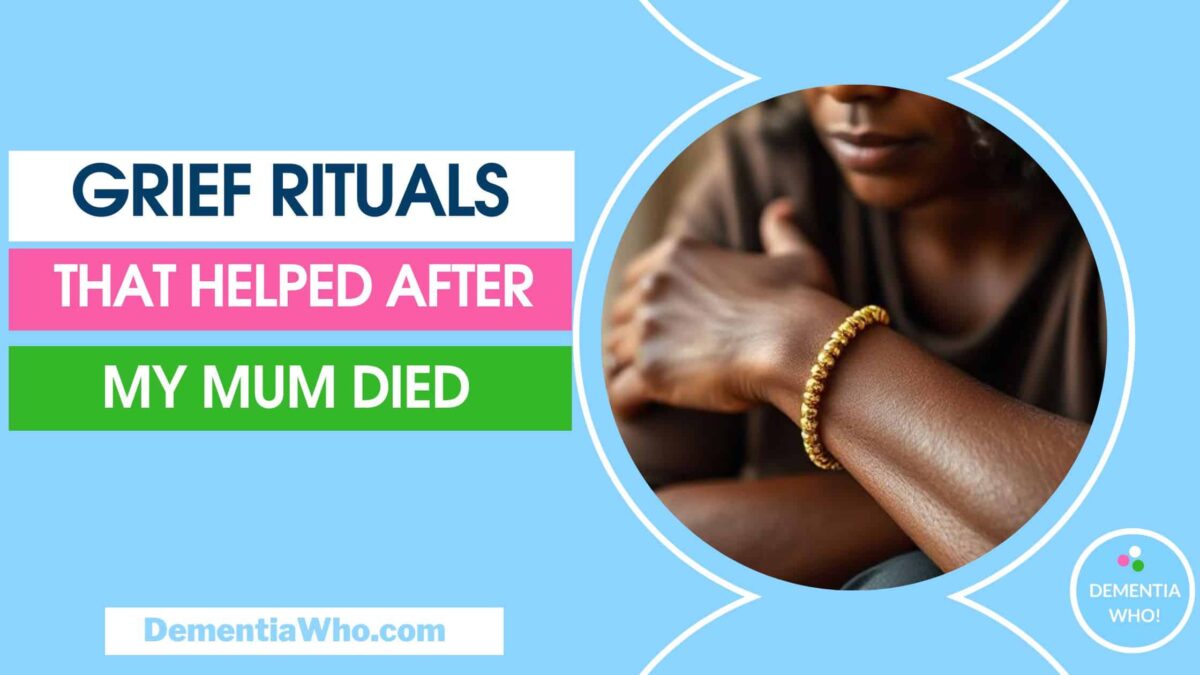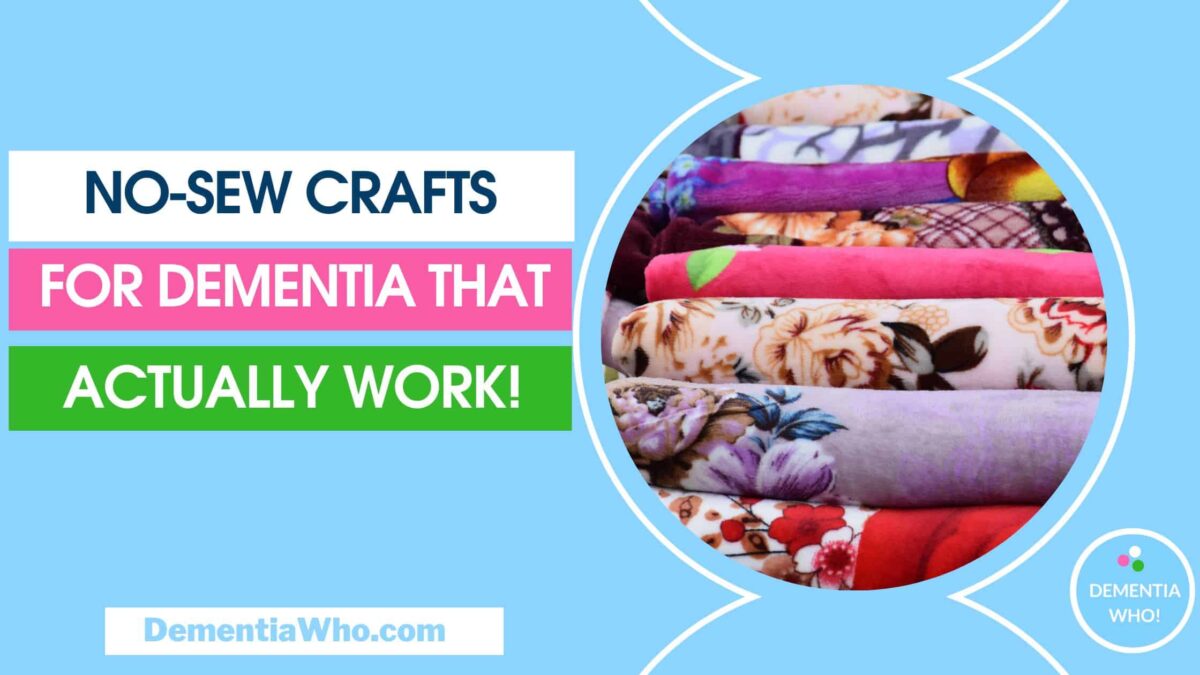Time is elusive as a dementia caregiver but it’s milestones like a new year that force me to reflect on another year gone by and reassess my life. It’s a chance to reflect on whether I am where I want to be in life. Whether I need new achievable goals or to establish new habits that can make caregiving less stressful and allow me to provide the best care possible to mum.
So if you’d like to join me, here are 5 Achievable Goals for Dementia Caregivers in the New Year.
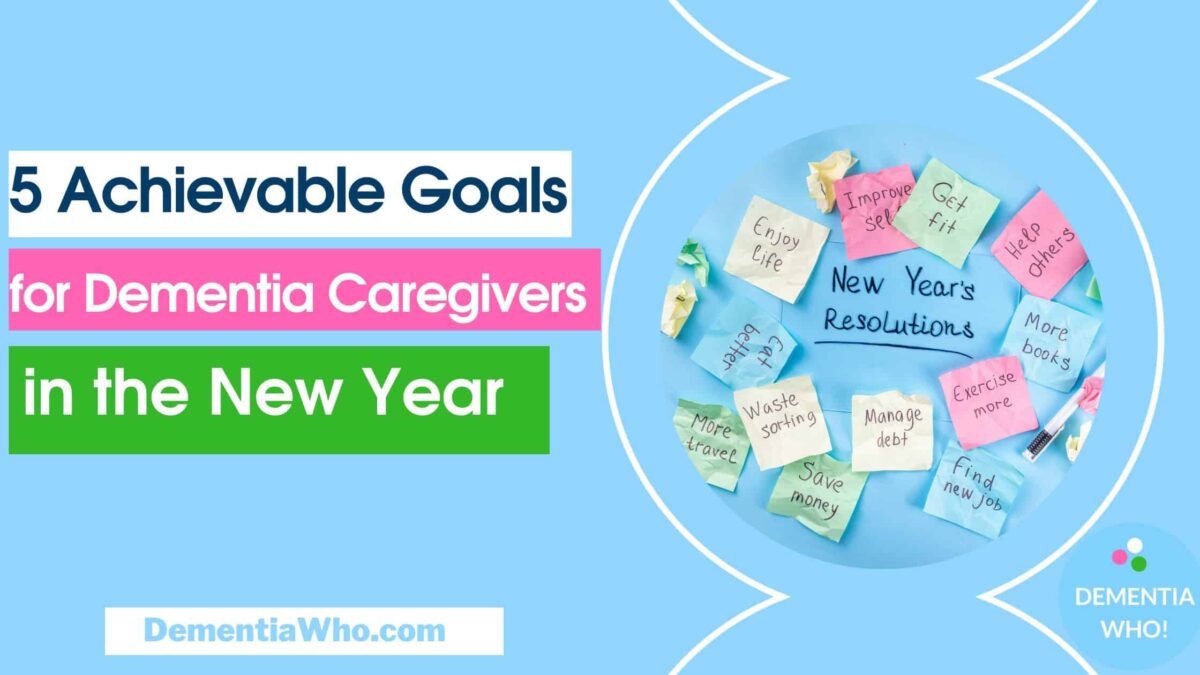
1. Visualisation
Learn to visualise by building a mental picture of who you want to be. Take some time to get centred and picture your deeper hopes and aspirations. I think it is so important to think about where you are now and where you want to be in the future.
Why it matters – because at some point caregiving will end, and if you don’t have a plan or an idea of what or who you’ll be outside of caring, you can get lost in grief, financial hardship and doing something you hate to make ends meet.
You may be lucky to fall back on savings, or maintain your career, but if you don’t put together the steps to build a life outside of caring NOW, you’re the one who may suffer.
I look toward my social media friends who have made these strides, fitting in time for themselves, like studying for an open university degree whilst caring for two relatives, becoming an unpaid carers advocate and becoming part of the national carers strategy or changing jobs from charity sector to being part of the government to help more community organisations.
So what can you, what small steps can you take, here a few, do one or all or more but get started if you haven’t already seen who you want to be in the future?
- Picture your ideal life.
- Really visualise who this person is in detail, career -what they do,the clothes they wear, their likes, hobbies, spiritual life, and work they do etc. Really picturing who this person is, how they feel, can really help you work towards those goals, having that detailed mental picture in your mind can reinforce your motivations & goals to being the person you aspire to be
- Create a Vision Board
- Use magazines, web searches, Pinterest for inspirational images or phrases that represent what your ideal life will look like, then print them out and stick on to a board and hang somewhere you will see it every day to remind of your vision. You can also create a digital document and save it as your screensaver or somewhere you can access it and see it every day to refer to when you need to be reminded or need a boost of encouragement.
- Write yourself future letters
- We know life can get in the way of our hopes, so by writing letters to yourself every few months or on important milestones, being thankful for what you achieved, sticking with your vision despite the many obstacles, imagine opening those letters at the end of year or birthdays as inspiration and reflections.
Small steps – write yourself a letter on what you want to be, be honest you may not have a clue how to get there yet, but the act of writing may spark ideas on goals and how to get there.
These are a few ideas on how to connect and put yourself first, even if it’s for 15 mins a day to ensure that you’re doing everything you can to ensure that you have the future you want ahead of you.
2. Practise Daily Stress Relief
Caregiving carries a heavy emotional toll like frustration, exhaustion, sadness, or isolation. You can get overwhelmed by anxiety over everything that needs to get done and despite the best laid plans, the first thing to go is any kind of relief for you.
Make caregiver stress management a priority rather than an afterthought.
Set yourself a caring new year’s goal to engage in relaxing, reflective & restorative activities every day.
- Aim to identify and commit to 3-5 stress relief strategies -meditation, deep breathing exercises, yoga sequences, soothing music playlists, reading a book, eating chocolate in a quiet room, going for a walk, something that you can practise for 10-15 minutes daily without fail.
It might seem like nothing, but overtime these moments can help. You can track the effect on your blood pressure, sleep patterns, and overall anxiety levels.
Small steps – Use one slot each week to reflect and check your meeting your goals and celebrate that small win. You did it this week!
The more you do, the more of a habit it will become and ingrained in your daily life.
3. Build Routines
Having a daily routine can help bring organisation, structure and a sense of security to your loved one. It doesn’t have to be a rigid routine or one that covers the whole day, but small routines like a morning or evening routine that you can rely on and perform without thinking can also help make your life easier.
What can you do to build in a better system of structure or routine that works for you? It could be:-
- a routine for a small segment of your day
- a routine of activities at a certain time
- moving things around to open up time slot for time for yourself,
- meal prepping on a particular day of the week to make sure you have healthy options for yourself as well as your loved one, etc
- Going to a carer’s group once a month
It’s whatever works for your own personal situation, where you’re balancing caring with other priorities.
Small steps – have a look at one part of your day, put yourself in the position of someone else reviewing your day, and with a critical eye look at where you can make one small change to a routine that can help you manage your day better.
You can read our old morning routine here. One thing I’m changing this year is our morning routine, as this is the time mum is more active, engaging and adventurous to do things, so to get things in, I need to displace things to later in the day.
4. Learn a New Caregiving Skill
I found this particularly helpful as I faced new caregiving challenges, in helping me build confidence and improved my caregiving skill set. How you do it can vary, you can read caregiving guides or books, or attend seminars or courses that can help you understand different ways of approaching caregiving.
I’ve attended virtual online classes, and joined caregivers coffee mornings where discussions on various aspects of caregiving arise and we share resources on methods to help each other.
You can check out courses by
- Alzheimer’s Association who have a host of virtual training programs that address specific issues.
- Dementia Carers Count who run virtual online learnings sessions as well physical courses.
- TIDE – Together in Dementia Everyday run a whole carer development programme.
- Also, check in with caregiving forums, watching educational YouTube videos, or attending conferences to expand your knowledge base.
Some organisations like the above run virtual sessions focusing on certain relevant topics in dementia, like care homes, nutrition, behaviour, legal considerations and advance planning, to name a few. So well worth checking them out or talking to others in caregiving forums for advice.
Small steps join a caregiving forum or an online virtual session, you don’t even need to speak, just listen along and learn something new.
5. Cultivate Your Caregiving Community
I know it’s very easy to stay within your own bubble of caregiving, but don’t. Being isolated only makes the role harder, getting out and about, meeting other caregivers can prevent isolation from intensifying.
Make meaningful connections a priority next year.
- Connect with caregivers who uniquely understand the day-to-day experience of your life. Check your local dementia associations, church groups, carers groups and online forums that offer places to share resources, experiences and provide inspiration. Join online forums like Alzheimer’s Society Dementia Support Forum (Talking Points) or ALZConnected
- Take your loved one out to dementia organisations that provide activities, singing groups etc, where you will meet other caregivers in the same boat as you, so whilst your loved one has fun you can make new friends that understand you.
- Connect with family and your friend circle through regular check in, virtual coffee dates/zooms etc if you can’t get out to meet them, having that long telephone call where you laugh so hard you spit your tea out or you share touching moments that make you cry and nourish you.
- Join social media networks or talks, again. The more you join, the more people will get familiar with you and start to check in with you. The power of social media when it comes together to help you with advice or simply to feel less alone is incredible. Try Facebook caregiver groups, X (Twitter) caregiver chats like #AlzChat or #diversealz
Sustainable caregiving is not about doing it all on your own. It’s about recognizing the importance of support, both from those who have walked a similar path and from professionals who can offer guidance.
By creating a support network, caregivers can feel less alone, gain new ideas on caring, tips and advice and have a group that they know they can fall back on whatever the reason during their caregiving journey.
Small steps – join an online forum like Alzheimer’s Society Dementia Support Forum (Talking Points) or ALZConnected
I know in reality that life is too busy already for most caregivers, so why bother with setting goals that you might fail at? For me, it’s that the days just drift into another and without these goals, I continue to drift.
Goals give me a firm anchor point to compare myself against and allow me to make small realistic changes rather than the larger, grander goals that fall away. I want small wins that will encourage me to build consistency and help me sustain new habits to achieve my goals.
Hope this helps. Start the New Year with compassion for yourself by celebrating small wins and making time to start achievable goals for all dementia caregivers this New Year.

